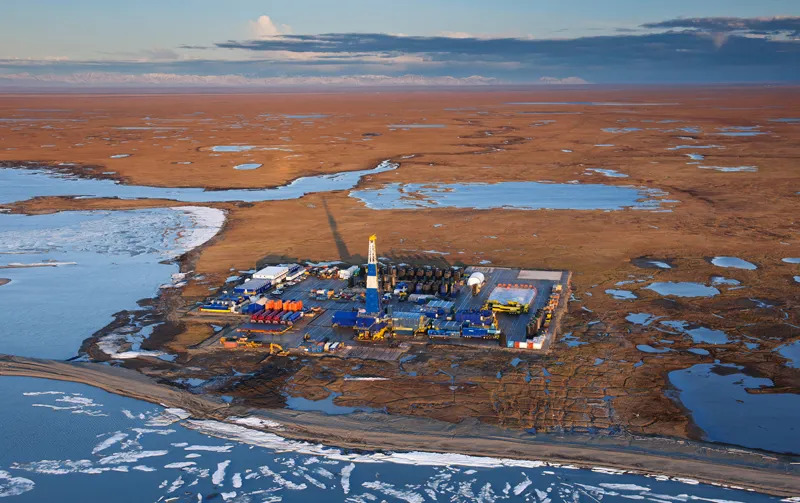In a significant move for environmental conservation, President Joe Biden announced on Sept. 6 his decision to cancel all remaining oil and gas leases issued under the previous administration in the Arctic National Wildlife Refuge. The decision protects over 13 million acres of land in the Western Arctic, and has quickly become a topic of intense debate in domestic politics.
Most announcements similar to these have an element of foreign policy involved, according to Elizabeth Mendenhall, associate professor of marine affairs and political science at the University of Rhode Island.
“I think there’s always a foreign policy element to decisions like this,” Mendenhall said. “Especially when we have a Democratic administration, with interest in participating in the U.N. Framework Convention on Climate Change, and the commandments of the Paris agreement. And so, the audience for this kind of decision is in part the international community, not just the domestic community.”
While the election is still a year away, Mendenhall believes that decision may have been reached with the intent to try to re-energize the Democratic voter base in the face of a potentially challenging re-election campaign.
“There’s concern that his liberal progressive base might not show up because he hasn’t done enough in the agenda that they’re interested in,” Mendenhall said.
Republicans worry that this decision will weaken the country’s position in foreign policy, according to international politics professor Margaret Frost.
“Republicans are worried that not keeping these oil contracts is going to end up weakening us in our foreign policy, because we’ll continue to rely on other countries for oil even more so,” Frost said. “Especially because of the war in Ukraine. We can’t get a lot of our oil from where we were going to get it before.”
The move is a clear signal from the Biden Administration regarding their stance on environmental conservation.
“It’s a bad look to continue authorizing new drilling, especially in environmentally sensitive areas,” Mendenhall said. “I also would say the environmental benefit is more about protecting this region, these habitats, these ecosystems. Therefore, it’s kind of like avoiding a negative than achieving a positive. It’s saying we’re not going to destroy these areas.”
Frost shared a similar view, adding that while the Biden administration has made the effort of canceling the leases, they have yet to address the Willow oil-drilling project in Alaska, which has drawn severe criticism from Democratic voters.
However, a potential negative that many Americans have cited will be a by-product of this decision is the raising of gas and oil prices. But don’t hit the panic button just yet, as the problem may lie solely in the perception of the situation.
“There is a chance that this will raise prices in the near term just because of the perception of a supply not growing the way that we thought it might,” Mendenhall said. “There’s so many factors involved. I just want to make it clear that there’s no guarantee that this would change prices at all.”
With so many variables on the table, it remains to be seen whether Biden’s decision will have the positive environmental impact he hopes it will achieve, and whether his own re-election chances will be improved as a result.

